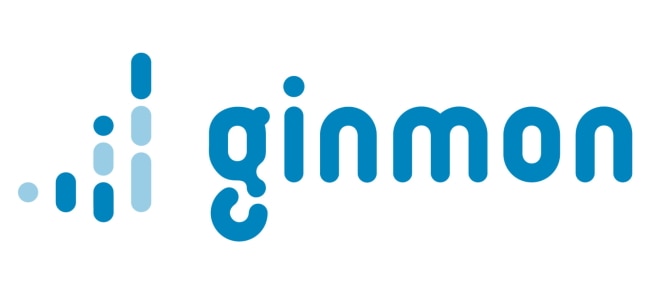Updated – August 15, 2024 at 01:18 PM.
WHO seeks to raise global attention, funds to halt rapid spread of mpox, largely in African countries

Treatment of a child with a suspected case of mpox at a medical centre in Munigi, in Nyiragongo territory near Goma, North Kivu province, Democratic Republic of the Congo (file image)
| Photo Credit:
ARLETTE BASHIZI
The World Health Organization has declared the spread of mpox a ‘public health emergency of international concern’ for the second time in two years.
This is a call to action, to bring global attention, funding and therapeutics to treat a disease that has been steadily increasing, largely in the African countries, say epidemiologists.
Over the last several months, the WHO has been turning the spotlight on the increasing mpox cases in the Democratic Republic of the Congo (DRC) and other countries in Africa, and on Wednesday, WHO Director-General Dr Tedros Adhanom Ghebreyesus called the upsurge in cases a PHEIC under the International Health Regulations (IHR-2005).
A PHEIC declaration is the highest level of alarm under international health law, and often viewed as a precursor to a pandemic declaration, where rapid spread is seen across multiple geographies. However, epidemiologists told businessline that mpox spreads through contact and that is less rapid compared to a respiratory disease spread through air.
The PHEIC declaration is meant to bring global attention to a disease that is increasingly spreading, and raise more funding to take therapeutics and vaccines to underserved and affected regions. Earlier this month, the WHO had called on manufacturers to produce vaccines against mpox. Currently Bavarian Nordic’s vaccine (Imvanex/Jynneos) has been approved against mpox in countries including the US.
WHO had earlier called mpox a PHEIC in July 2022, even as global health administrators were grappling with the Covid-19 pandemic, caused by the SARS-CoV-2 virus. The multi-country outbreak of mpox was declared a PHEIC as it spread rapidly via sexual contact across a range of countries where the virus had not been seen before, the WHO said. It was downgraded from the PHEIC status in May 2023, following a sustained decline in global cases.
In the wake of the recent spread, the WHO anticipates an immediate funding requirement of $15 million to support surveillance, preparedness and response activities. It has released $1.45 million from the WHO Contingency Fund for Emergencies.
Increased spread and death
Mpox has been reported in the DRC for more than a decade, with a steady increase in the number of cases, the WHO said, adding, “Last year, reported cases increased significantly, and already the number of cases reported so far this year has exceeded last year’s total, with more than 15,600 cases and 537 deaths.”
Dr Tedros said, “The emergence of a new clade of mpox, its rapid spread in eastern DRC, and the reporting of cases in several neighbouring countries are very worrying. On top of outbreaks of other mpox clades in DRC and other countries in Africa, it’s clear that a coordinated international response is needed to stop these outbreaks and save lives.”
Caused by an orthopoxvirus (with symptoms similar to smallpox), mpox was first detected in humans in 1970, in the DRC. The disease is considered endemic to countries in central and west Africa, the WHO said.
The WHO DG had, last week, triggered the process for ‘Emergency Use Listing’ for mpox vaccines — to facilitate vaccine access for lower-income countries that have not yet issued their own national regulatory approval. EULs enable partners, including Gavi and UNICEF, to procure vaccines for distribution.
Note: This article have been indexed to our site. We do not claim legitimacy, ownership or copyright of any of the content above. To see the article at original source Click Here













